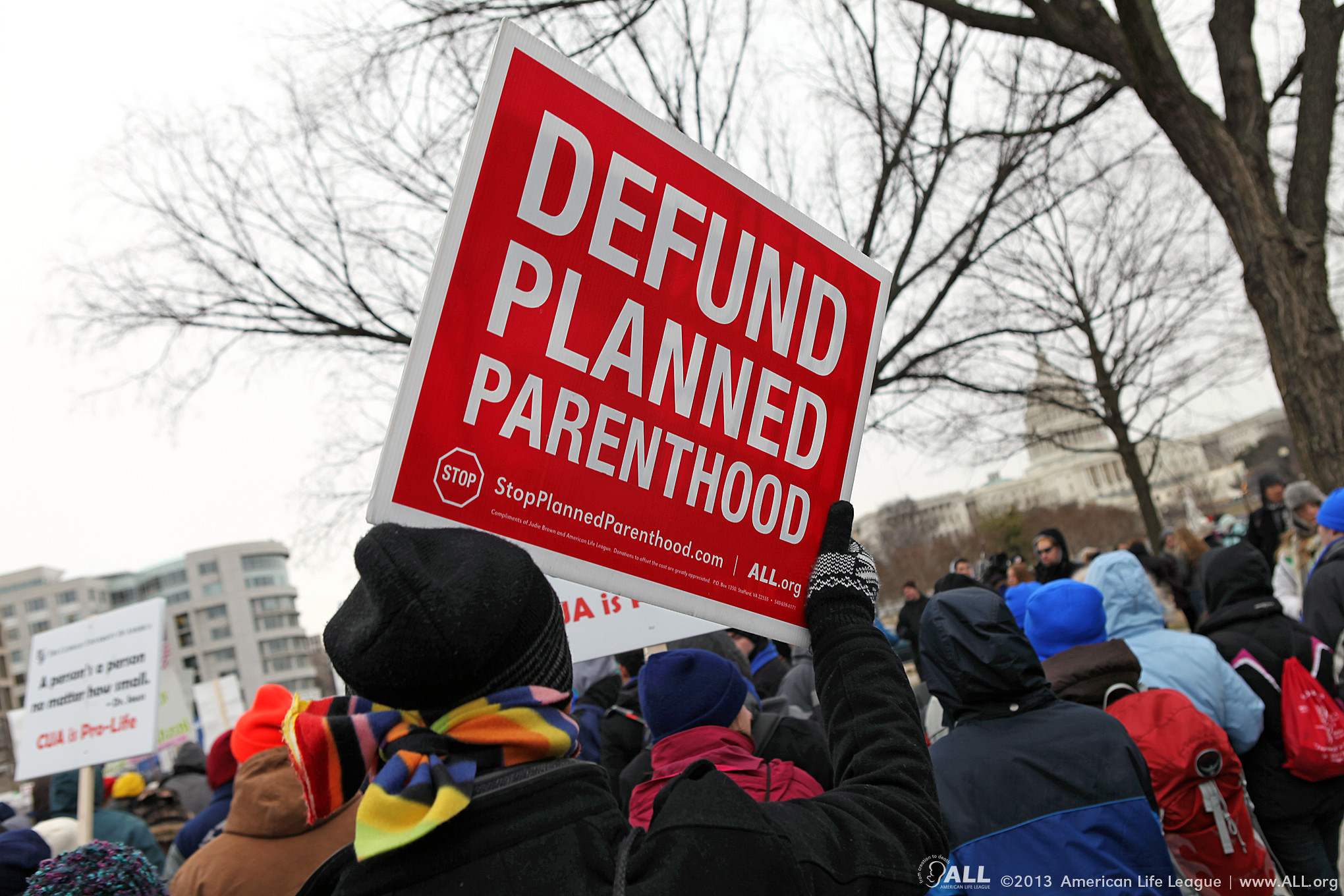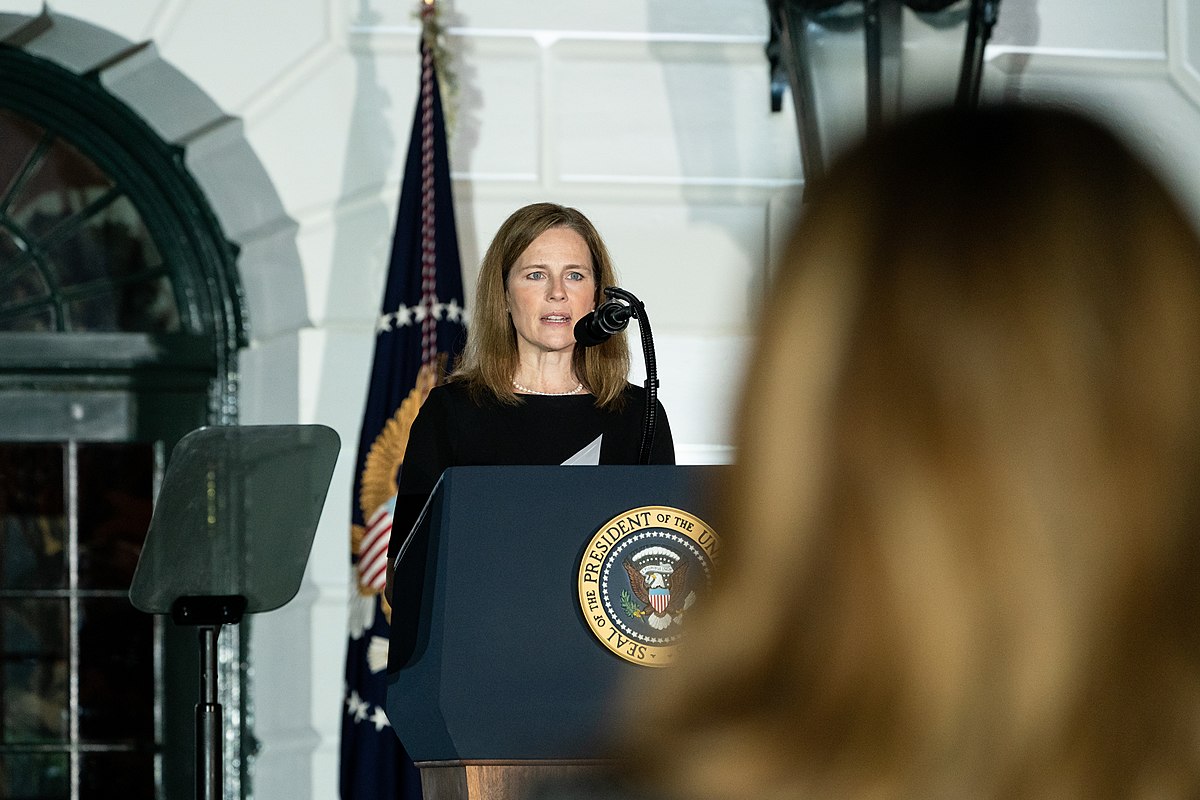State AGs Ask SCOTUS To Uphold AZ Voter Registration Law
On Thursday, 24 state attorneys general submitted an amicus brief to the U.S. Supreme Court, requesting the court to uphold an Arizona law that mandates proof of citizenship for voter registration. This legal action follows a recent decision by the 9th Circuit Court of Appeals, which halted the enforcement of this law established in 2022. Supporters, including the Arizona Republican Party, argue that it is crucial to ensure that only U.S. citizens participate in elections. They assert that the federal Constitution grants states the authority to set voter qualifications.
The amicus brief was filed in conjunction with a separate application from the Republican National Committee, which aims to maintain Arizona’s voter registration integrity by requiring citizenship verification for mail-in ballots and during presidential elections. Additional groups, such as the Honest Elections Project and Restoring Integrity and Trust in Elections (RITE), also filed briefs supporting this request, emphasizing the importance of protecting electoral integrity.
The Supreme Court’s decision will be handled by Justice Elena Kagan, who is responsible for emergency stay applications from western states. A stay requires approval from a majority of the justices, indicating the potential implications for voter registration protocols in Arizona and beyond.
On Thursday, 24 state attorneys general filed an amicus brief asking the U.S. Supreme Court to protect presidential swing-state Arizona’s election system from foreign influence. They asked the court to grant a request for a stay on an Aug. 2 decision by the 9th Circuit Court of Appeals. As The Federalist previously reported, that ruling halted enforcement of provisions in a 2022 state law requiring individuals to provide documentary proof of citizenship (DPOC) when registering via state voter registration forms.
“The Constitution gives states the power to set voter qualifications, and AZ is leading the charge to ensure ONLY CITIZENS vote in our elections,” the Arizona Republican Party wrote on X. “This case has the potential to prevent non-citizen voting once and for all, which should have been the case all along.”
The amicus was filed in support of an emergency application for stay brought by the Republican National Committee and Arizona’s GOP legislative leadership last week, which similarly asked SCOTUS to uphold Arizona’s DPOC law. The parties also asked the high court to permit Arizona to require such proof for individuals submitting mail-in ballots and voting in presidential contests.
“Thus, while Amici States support Applicants in full, they focus here on the district court’s decision that the [National Voter Registration Act] preempts Arizona’s election integrity rules as it relates to voting in presidential elections and mail-in voting,” the attorneys general brief reads. “That determination is a direct threat to the States’ ability to police voter fraud and their sovereign right to define their political communities. It is erroneous, and this Court should grant the requested relief.”
The Honest Elections Project and Restoring Integrity and Trust in Elections (RITE) also filed separate briefs on Thursday asking SCOTUS to issue a stay on the 9th Circuit’s ruling. The latter group argued that the lower court’s decision “poses special harms to Arizona’s own significant interest in protecting the integrity of its elections.”
“Like most States, Arizona has long provided opportunities for voters to cast a ballot by mail — with safeguards to ensure that the absentee ballot process maintains its integrity,” the RITE brief reads. “One of those safeguards is that applicants must provide documentary proof of citizenship to vote by mail. Other voters who have properly registered may still vote in-person, either during Arizona’s generous early voting period or on Election Day.”
Justice Elena Kagan is the “circuit justice” tasked with handling emergency stay applications from western states. According to SCOTUSblog, she can “grant or deny the application on her own, or she can refer it to the full court for all of the justices to vote on it.” The issuance of a stay would then require approval from at least five justices.
" Conservative News Daily does not always share or support the views and opinions expressed here; they are just those of the writer."





Now loading...